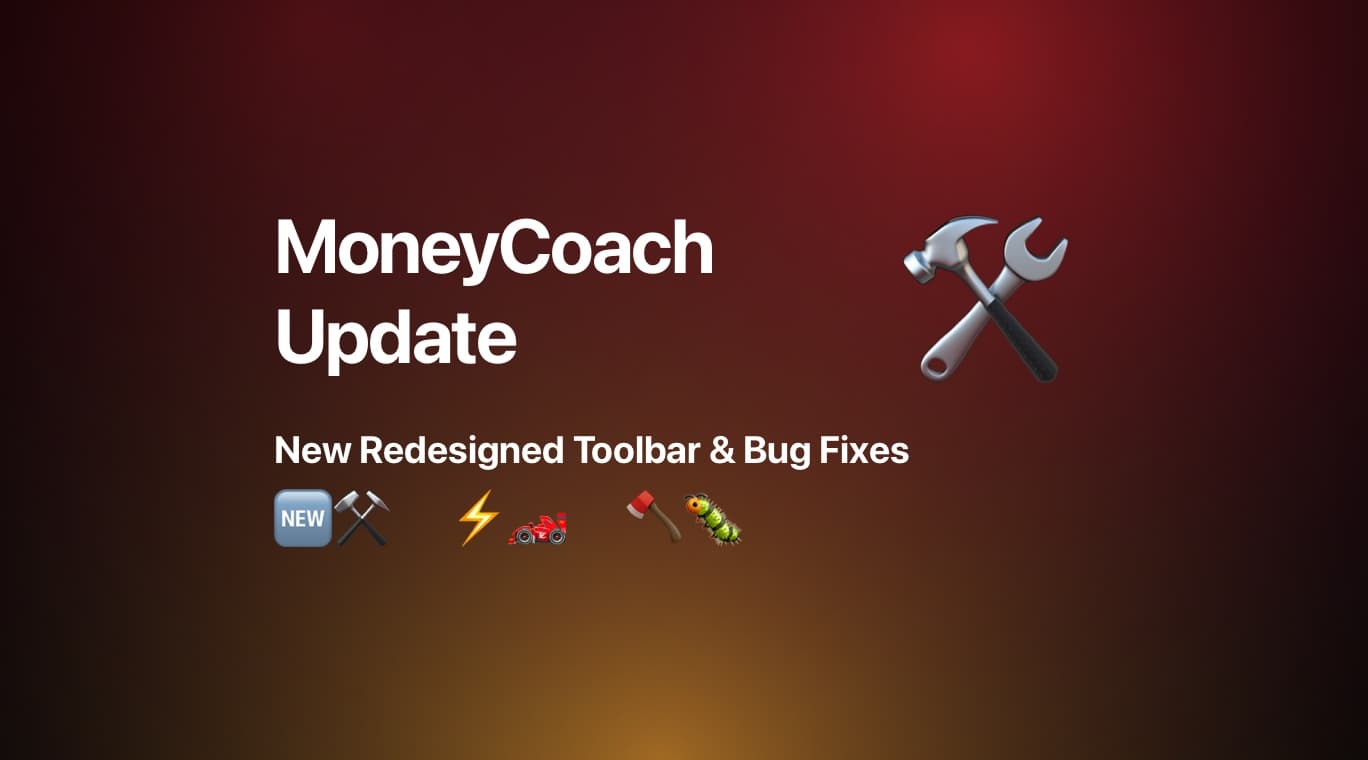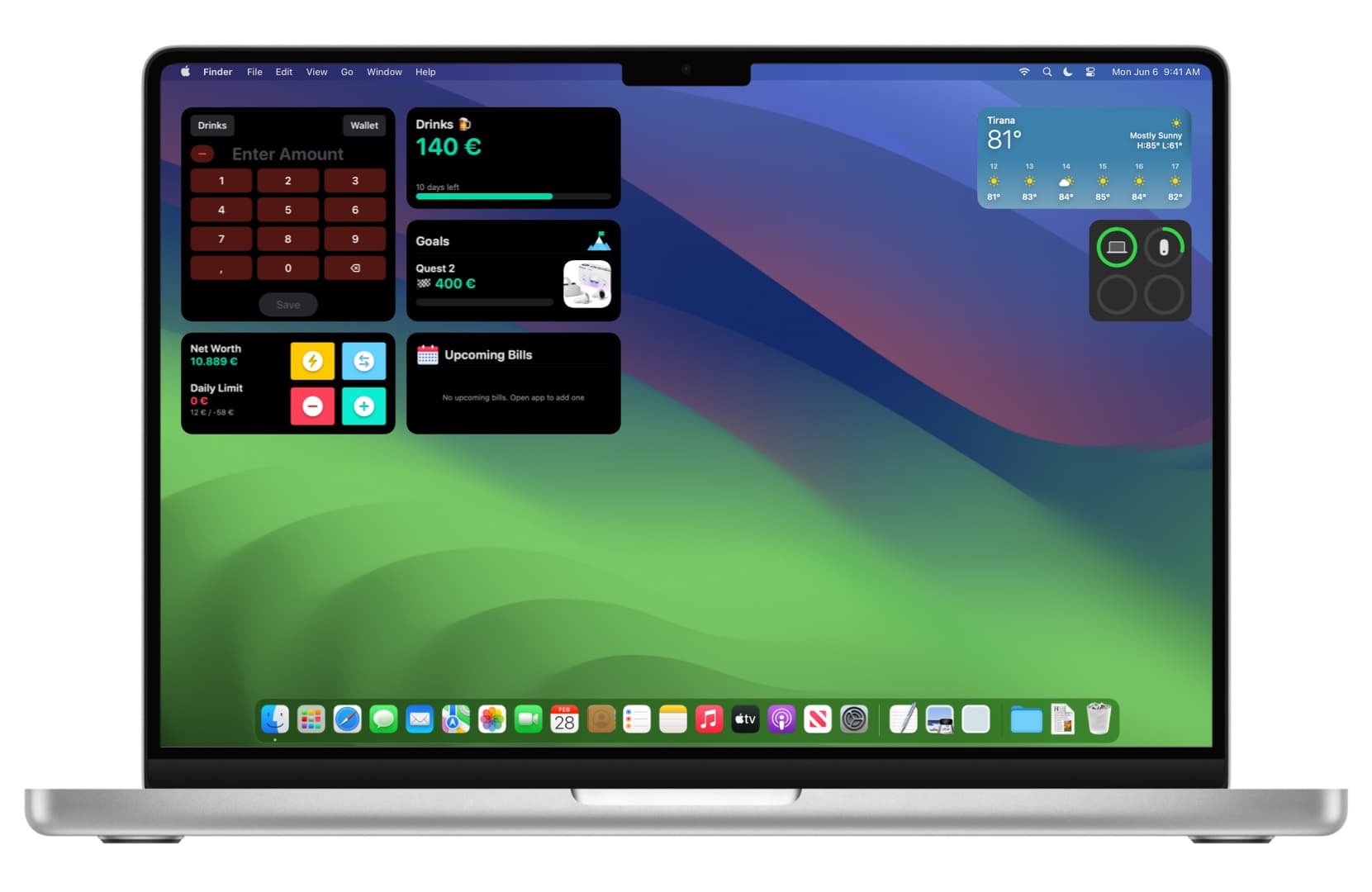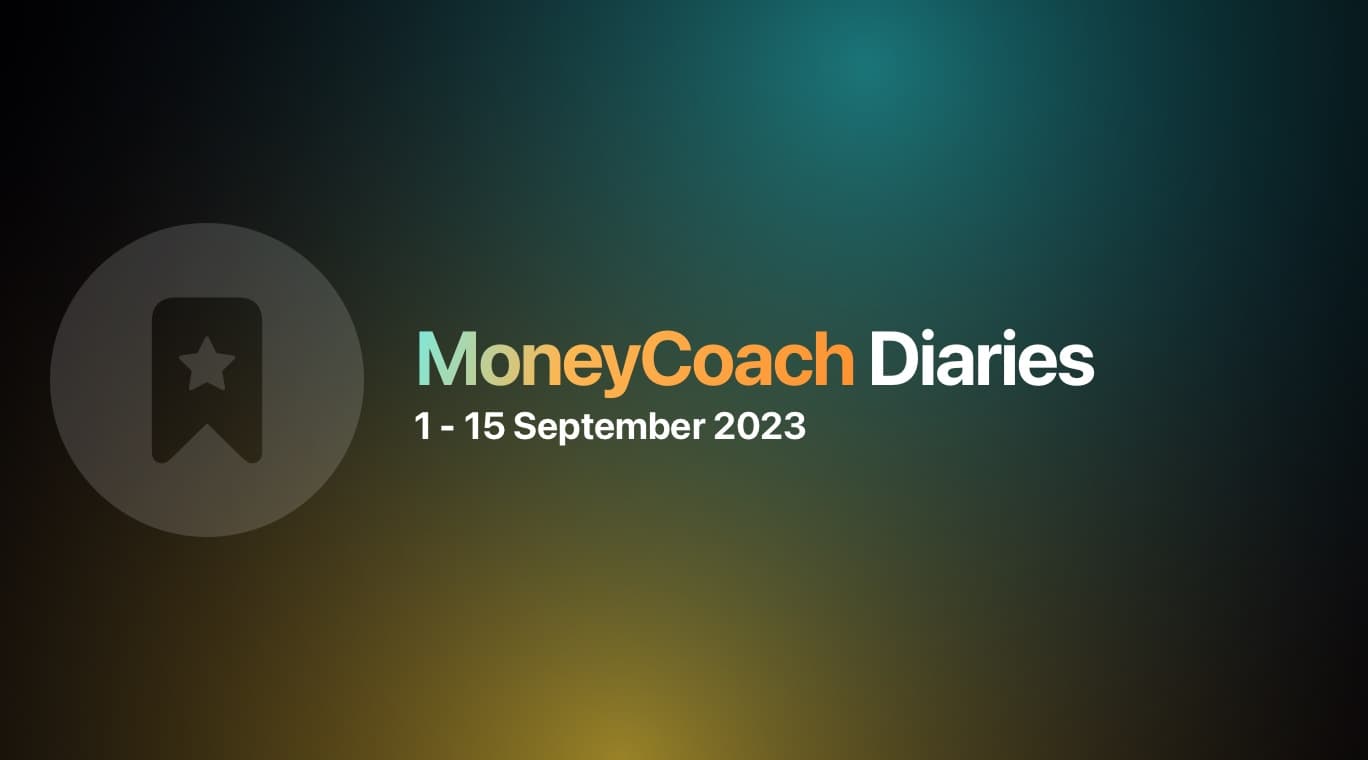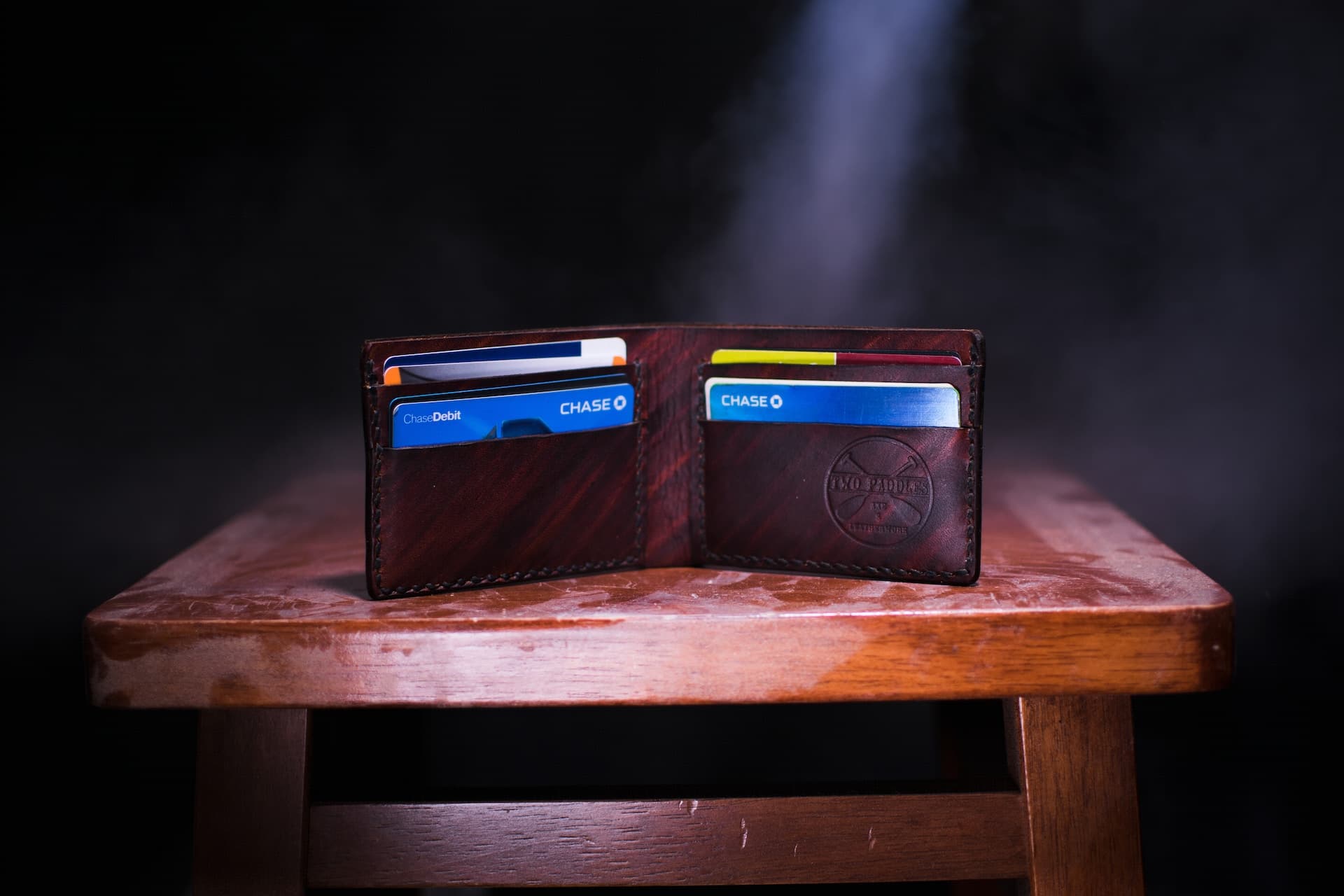
Hey there, fellow wallet-worrier! So, you've just realized that your precious credit card is missing. First things first – take a deep breath and don't panic! Losing your credit card can happen to the best of us, but the key is to act swiftly and follow some simple steps to track it down. In this article, we'll take a casual and personal approach to guide you through the process, with some helpful references and images to make it all crystal clear.

1. Retrace Your Steps
Okay, let's think back to where you've been today. Did you visit that charming coffee shop for your morning caffeine fix? Or did you make a pit stop at the mall for some retail therapy? Retracing your steps can help you remember where you last used your card. Check your memory, your bags, and the pockets of your favorite jacket – it might just be hiding in plain sight.
2. Call Your Bank or Credit Card Company
If you can't find your card after retracing your steps, it's time to pick up your phone and call your bank or credit card company. You'll typically find their customer service number on the back of your other cards, or you can look it up online. They can assist you in reporting the loss or theft of your card and take necessary action, like freezing your account to prevent any unauthorized transactions.
3. Monitor Your Account
While you're on the line with your bank or credit card company, ask them to monitor your account for any suspicious activity. This way, you can ensure that no one is racking up charges on your missing card. They'll help you keep an eye out for any unusual transactions and assist you in resolving them.
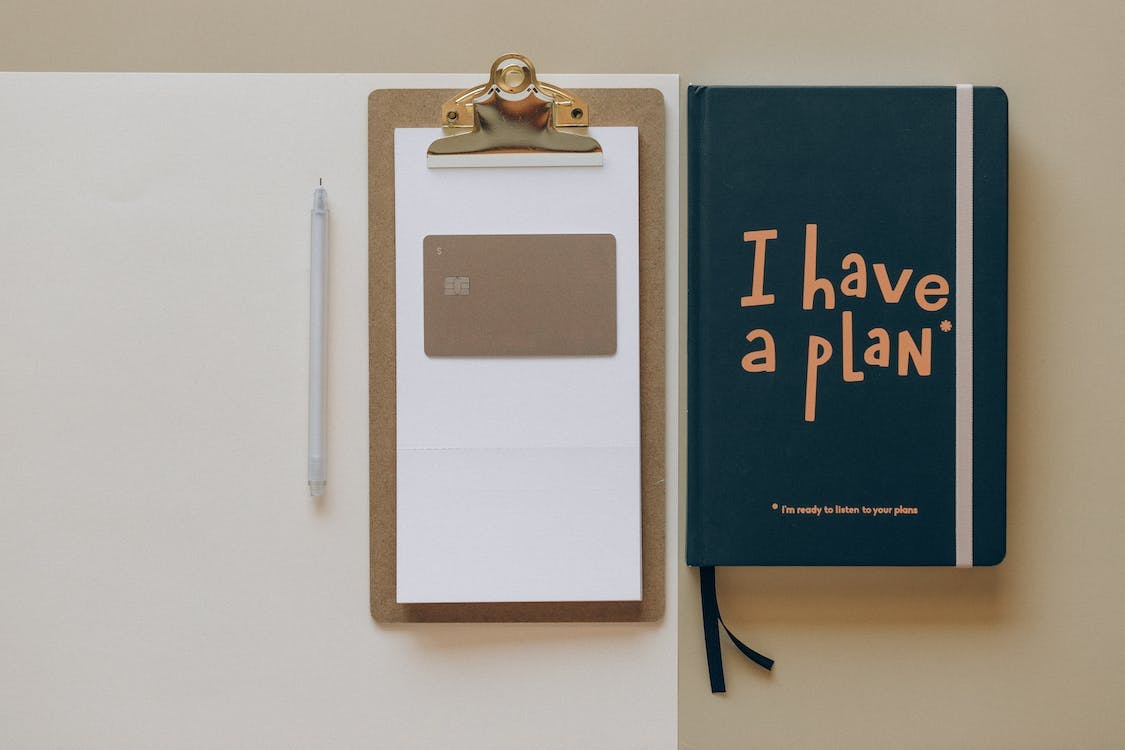
4. Check Your Email for Alerts
Many banks and credit card companies send email alerts for every transaction. These alerts can provide valuable information about where and when your card was last used. So, keep an eye on your email and promptly report any transactions that you don't recognize.
5. Use Mobile Banking Apps
Most banks have mobile banking apps that allow you to monitor your account in real-time. Log in to your app and check for recent transactions. Some apps even offer the option to temporarily lock your card, which can be handy if you're not entirely sure it's lost and just misplaced.
6. Consider a Locator Service
Did you know that some credit card companies offer locator services for lost cards? These services can help you track your card's recent transactions and even provide you with its approximate location. It's like a high-tech treasure hunt for your missing plastic!
7. Review Security Camera Footage
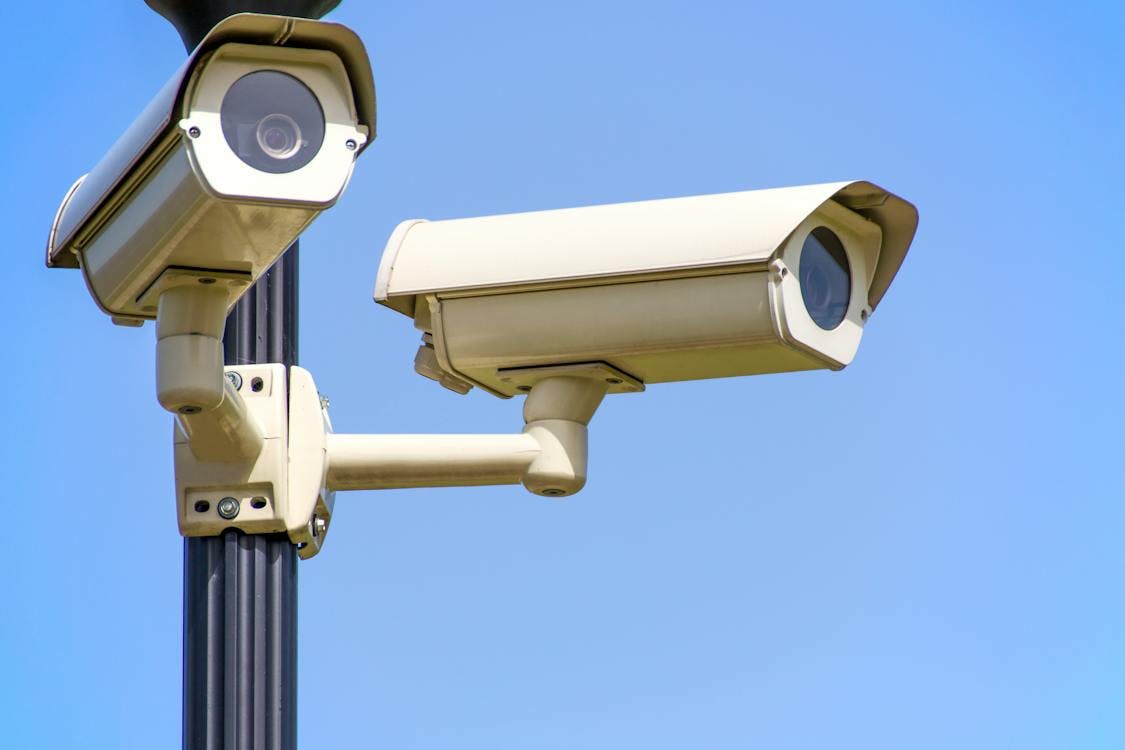
If you have a hunch about where you lost your card, such as a specific store or restaurant, you can inquire about security camera footage. Many businesses have surveillance cameras that might have captured the moment you last used your card. Contact them and ask if they can help you identify any suspicious activity.
8. File a Police Report
If you suspect that your card was stolen rather than lost, it's essential to file a police report. This can be a crucial step in protecting yourself from any fraudulent charges. The police report will create a formal record of the incident, which can be helpful in dealing with your bank and credit card company.
9. Keep an Eye on Your Mailbox
Sometimes, good Samaritans find lost items and mail them back. So, don't forget to check your mailbox regularly. Someone might just send your card back to you if they find it.
10. Consider Ordering a Replacement Card
If your card is still MIA after trying all these steps, it's probably time to order a replacement. Most banks and credit card companies will do this for you free of charge. Just make sure to update any automatic payments linked to your old card with the new card number once it arrives.

11. Prevent Future Mishaps
Once you've tracked down your card or received a replacement, take some steps to prevent this from happening again. Here are a few tips:
-
Use Digital Wallets: Consider adding your card to a digital wallet like Apple Pay or Google Pay. These are more secure and can help you avoid carrying physical cards.
-
Keep a Card Inventory: Make a list of all your credit and debit cards, along with their contact information. Keep this list in a safe place so you can quickly report any future losses.
-
Set Up Alerts: Many banks allow you to set up alerts for specific transaction types or amounts. Consider enabling these alerts to stay informed about your card activity.
-
Secure Your Wallet: Invest in a good-quality wallet and make it a habit to check that all your cards are in place before leaving any location.
-
Travel Safely: If you're traveling, be extra vigilant with your cards. Keep them in a secure travel wallet or a hotel safe when you're not using them.
Losing a credit card can be stressful, but by following these steps and keeping a cool head, you can increase your chances of tracking it down or mitigating any potential damage. Remember, it happens to the best of us, so don't be too hard on yourself! Just stay vigilant, and you'll have that card back in your wallet in no time.
In conclusion, losing a credit card doesn't have to be a nightmare. With some quick thinking and proactive steps, you can track it down or get a replacement with minimal hassle. Just remember, it's essential to act fast to protect your financial security, and don't forget to learn from the experience to prevent it from happening again in the future. Happy card hunting!
Remember to use MoneyCoach to track your credit cards and keep all your expenses organized.
